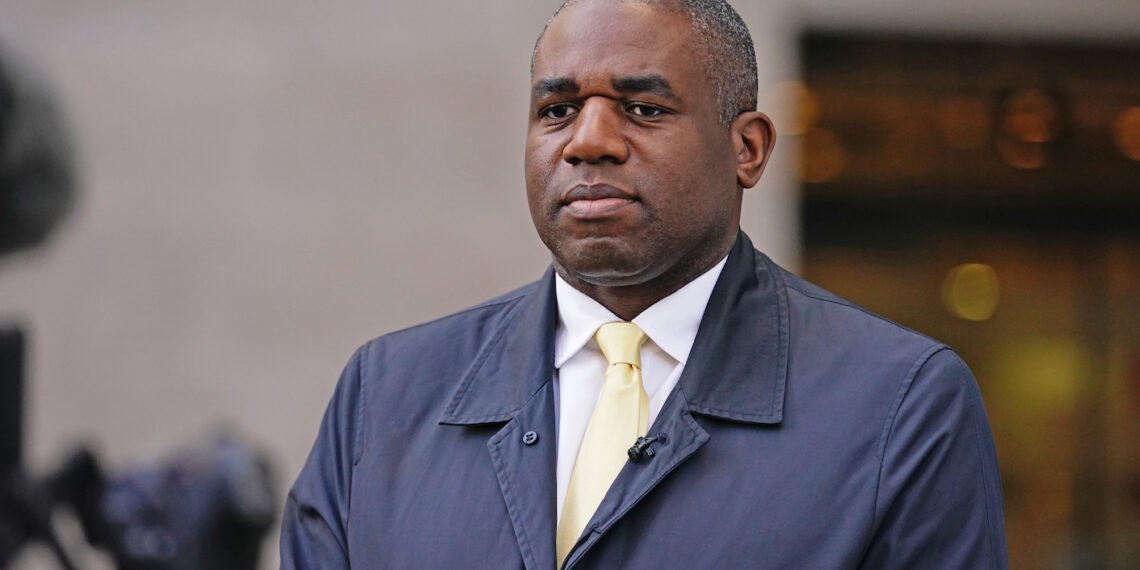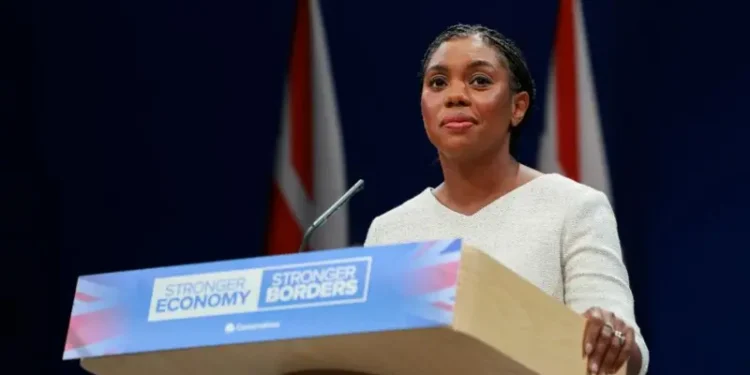UK Foreign Secretary David Lammy has declined to confirm whether the British government supports recent US airstrikes on Iranian nuclear facilities, or whether those strikes were legal under international law.
Speaking in his first interview since the US launched attacks on three Iranian sites on Saturday, June 21, Lammy sidestepped direct questions regarding the legality of the strikes, stating that it was a matter for Washington to answer. He also declined to comment on whether he supported social media posts by US President Donald Trump appearing to support regime change in Iran.
“In all my discussions in the White House, the sole focus had been on military targets,” he said, distancing the UK from the broader political implications of Trump’s messaging.
While the US targeted three nuclear facilities, Lammy suggested the full impact of the strikes remained unknown. He acknowledged Iran may still possess a stockpile of highly enriched uranium, but added that the attacks “may also have set back Iran’s nuclear programme by several years.”
Since the strikes, Labour government officials have largely avoided directly criticising the US operation, instead emphasising diplomatic efforts. Lammy reiterated that stance, urging Tehran to re-engage in negotiations. “Everyone is urging the Iranians to get serious about the negotiations with the E3 and the US,” he said, referring to talks involving the UK, France, and Germany.
He also underscored Iran’s noncompliance with its nuclear obligations. “Yes, they [the Iranians] can have a civil nuclear capability that is properly monitored that involves outsiders,” he said. “But they cannot continue to increase to 60%.”
However, Lammy did not clarify whether the UK would support the US position of insisting on zero uranium enrichment within Iran, or whether it remained aligned with the 2015 nuclear deal that permits enrichment up to 3.67%. Unlike the US, the UK has not withdrawn from the agreement.
Foreign Office Denies Iranian Reports on UK Foreign Secretary
The Foreign Office issued a denial on Sunday, June 22, following Iranian state media reports that Lammy had expressed regret over the US strikes in a call with Iranian Foreign Minister Abbas Araghchi. British officials said no such regret was conveyed.
Lammy refused to assess the legality of the airstrikes under the UN Charter. “It is for Washington to answer such questions,” he said three times during the interview, sidestepping references to Article 2 or Article 51, which pertain to self-defence and use of force.
He did, however, characterise recent diplomatic efforts as tense. Describing last Friday’s talks in Geneva with Iran, France, and Germany, he said the meetings were “very tough.” Despite the military escalation, he said, “There is still an off-ramp for the Iranians.”
Lammy also refrained from endorsing a recent US intelligence assessment that Iran is nearing the ability to develop a nuclear weapon. Instead, he said he relied on the International Atomic Energy Agency (IAEA), which has found no evidence that Tehran is currently pursuing a bomb.
“You can only deal with the Iranian nuclear programme diplomatically. If Iran is able to enrich beyond 60%, is able to get a weapon, what we will see is nuclear proliferation across the Middle East.”
Concerning Trump’s references to regime change, Lammy again stressed that it was not the current US or UK priority. “I recognise there is a discussion about regime change, but that is not what is under consideration at this time,” he said.
UK Foreign Secretary David Lammy
“The rhetoric is strong, but I can tell you, having spoken to the secretary of state, having sat in the White House, that this targeted action is to deal with Iran’s nuclear capability.”
UK Foreign Secretary David Lammy
In response to criticism from Carl Bildt, the former Swedish prime minister, who argued that European leaders risk moral inconsistency by refusing to address the legality of US strikes while condemning Russia’s war in Ukraine, Lammy drew a sharp distinction. He stated there was “no moral equivalence” between the Russian invasion of a sovereign country and the US’s actions against Iran.

As such, Lammy’s careful wording reflects a broader UK strategy to maintain diplomatic flexibility, supporting nuclear non-proliferation while avoiding overt alignment with controversial US military actions against Iran.























